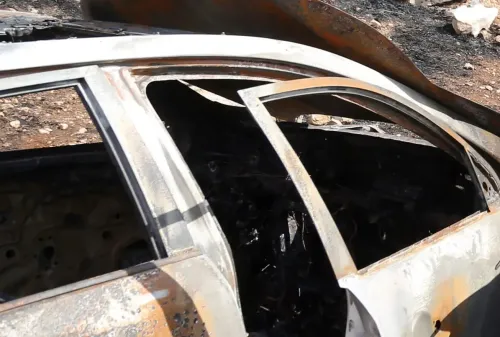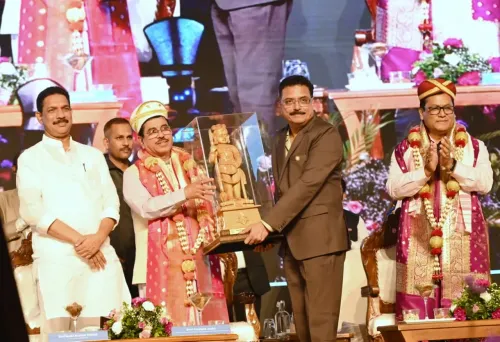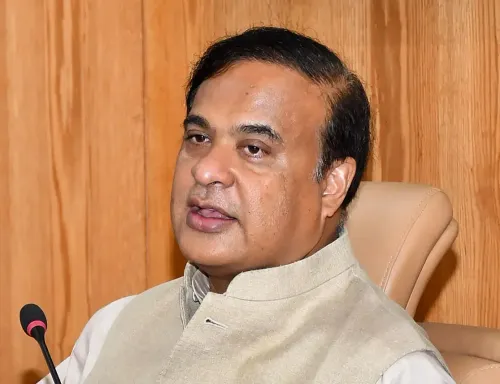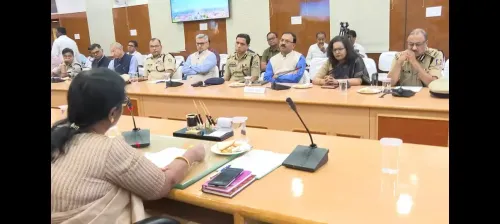What is the Calcutta HC's directive to the Trinamool govt regarding border fencing work?
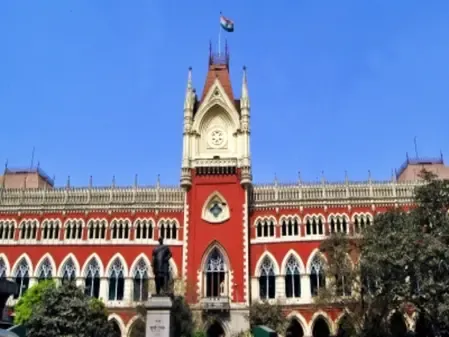
Synopsis
Key Takeaways
- The Calcutta High Court has ordered an affidavit from the West Bengal government on border fencing.
- The India-Bangladesh border has significant unfenced stretches.
- Concerns about national security and smuggling have been raised.
- Delays in land acquisition are hindering fencing efforts.
- The Central government is willing to fund the initiative.
Kolkata, Nov 13 (NationPress) The Calcutta High Court has instructed the West Bengal government to provide an affidavit regarding the border fencing activities along the India-Bangladesh border within the state.
This order emerged during the hearing of a public interest litigation (PIL), which advocates for the fencing of several hundred kilometers along the India-Bangladesh border.
On Thursday, a division bench comprising Acting Chief Justice Sujoy Paul and Justice Partha Sarathi Sen mandated the state to submit its affidavit within 15 days.
The border between West Bengal and Bangladesh spans approximately 2,217 km.
A significant portion of this border, measuring 569 km, remains unfenced, resulting in rampant infiltration and smuggling activities.
Petitioner Subrata Saha, a long-serving Army officer, expressed concerns about the alarming implications for national security along the India-Bangladesh border.
He highlighted that since 2016, illegal activities involving drugs, cattle, gold, and counterfeit currency have surged across this border.
The delay in the state’s land acquisition process has hindered the fencing efforts.
The petitioner noted that while the Central government is prepared to allocate funds, the state has shown a lack of initiative.
This prompted him to file the PIL.
Additional Solicitor General Ashok Chakraborty, representing the Central government, stated that the state government is not collaborating with the Union government, leading to the delay in fencing.
Following these deliberations, the High Court insisted on receiving the state government's affidavit on this issue within 15 days.

